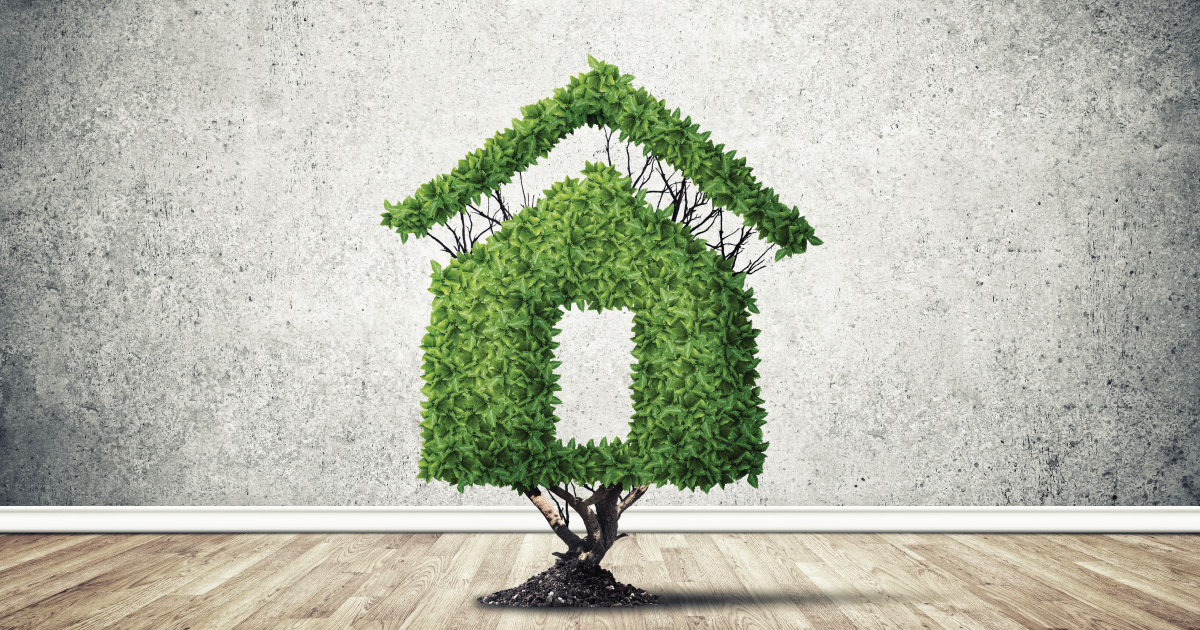
The legalization of marijuana has been a hot topic across the United States, and its impact extends beyond the realm of recreational use. In recent years, states have taken steps to regulate and legitimize the cannabis industry, leading to significant effects on various sectors—including real estate. One such area where this impact is palpable is Palm Springs, a picturesque desert city in southern California. In this article, we delve into how the legalization of marijuana is shaping the real estate market in Palm Springs and what opportunities it presents for investors and homeowners.
The Current Landscape.
Cannabis Licenses and Dispensaries:
Palm Springs, with its approximately 46,000 residents, has become a hub for cannabis retailers. The city has issued 33 licenses for cannabis businesses to operate within its jurisdiction, with at least 27 dispensaries currently operational. This saturation of weed shops is reportedly the highest in the Coachella Valley and one of the highest statewide. However, this rapid growth has raised concerns among city leaders and industry stakeholders.
The Moratorium:
To address the proliferation of pot dispensaries, the Palm Springs City Council recently approved a 45-day moratorium on new cannabis business licenses. During this pause, civic leaders are considering recommendations to regulate the industry effectively. These recommendations include:
- Capping the Number of Dispensary Licenses: The city is exploring the possibility of limiting the total number of dispensary licenses to 15. However, the impact on existing license holders remains uncertain.
- Restricting Owners to One Dispensary: To prevent oversaturation, the city staff recommends allowing each owner to operate only one dispensary within Palm Springs.
- Banning the Sale or Transfer of Existing Licenses: By prohibiting the sale or transfer of licenses, the city aims to maintain control over the industry’s growth.
- Adjusting Cannabis Taxes: Palm Springs currently imposes some of the highest cannabis taxes in the Coachella Valley. The city staff suggests revisiting these tax rates to strike a balance between revenue generation and industry sustainability.
The Impact on Real Estate.
Property Values:
While the cannabis industry faces challenges related to taxes and competition, its presence has had a notable impact on property values. Studies indicate that in states where marijuana is legal, home values have increased significantly. Between April 2017 and April 2021, homes in these states appreciated by an average of $6,333 more compared to non-legal states. As Palm Springs continues to navigate its cannabis landscape, property owners and investors stand to benefit from this positive trend.
High ROI Opportunities:
For real estate investors, markets where marijuana is legal present a budding opportunity for high returns on investment (ROI). As the industry matures and regulations stabilize, properties near dispensaries or cultivation facilities become attractive assets. Here are some ways investors can capitalize on this trend:
- Residential Properties: Consider purchasing residential properties near established dispensaries. The demand for housing in proximity to cannabis outlets may drive property values upward.
- Commercial Spaces: Look for commercial properties suitable for cannabis-related businesses. Warehouses, storefronts, and industrial spaces can serve as cultivation centers, distribution hubs, or retail locations.
- Tourism and Hospitality: Palm Springs is a popular tourist destination. Investors can explore short-term rental properties catering to cannabis enthusiasts visiting the area.
Conclusion:
The legalization of marijuana in Palm Springs has transformed the real estate landscape. While challenges remain, the city’s proactive approach to regulation ensures a sustainable and thriving industry. As an investor or homeowner, keeping an eye on this evolving market can lead to fruitful opportunities. Whether you’re buying, selling, or developing, understanding the intersection of cannabis and real estate is essential in the Palm Springs market.
Remember, this isn’t just about weed, it’s about property values, economic growth, and the future of a desert oasis where palm trees sway and cannabis blooms.

